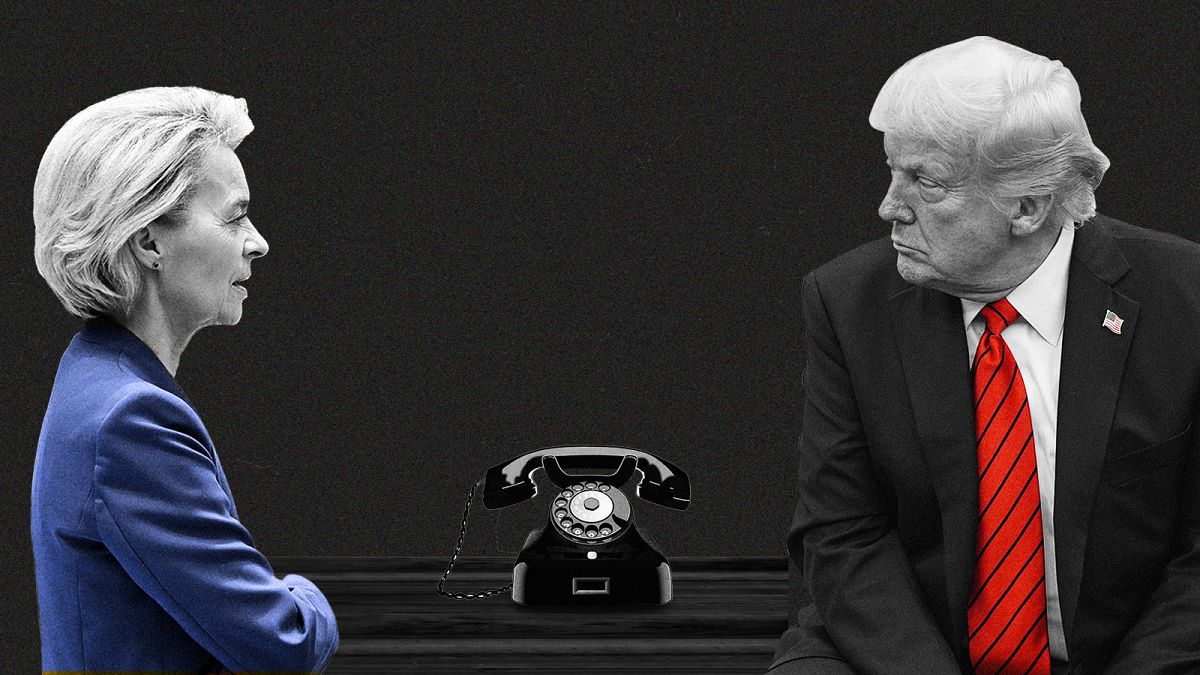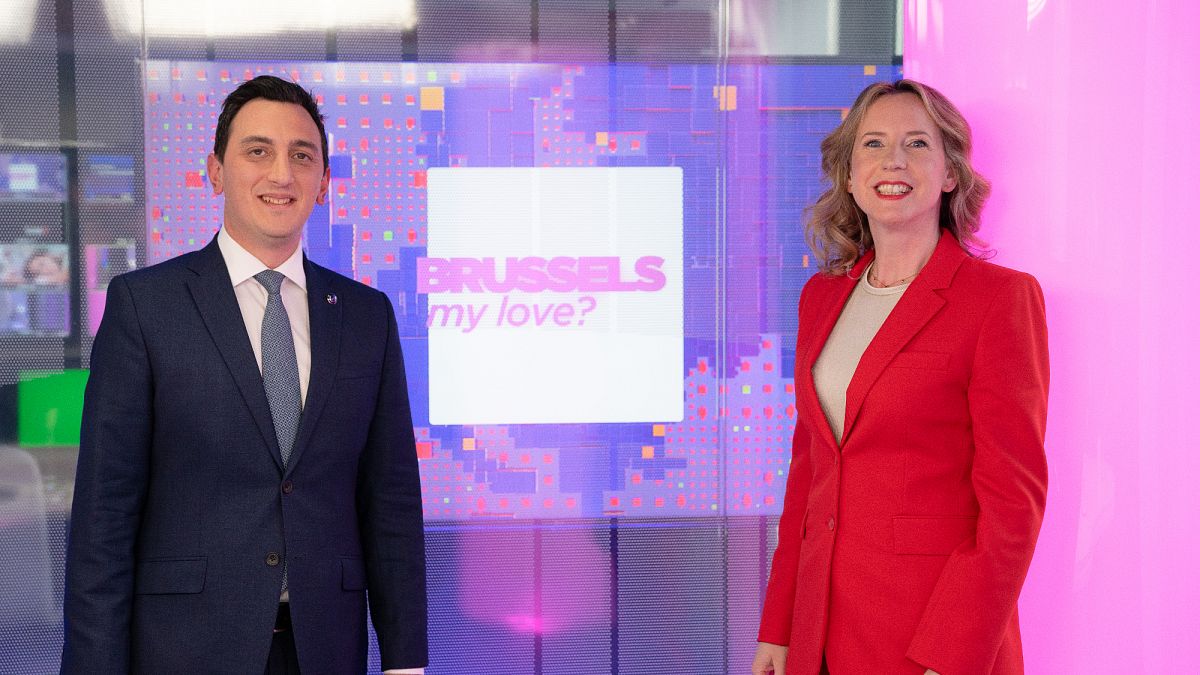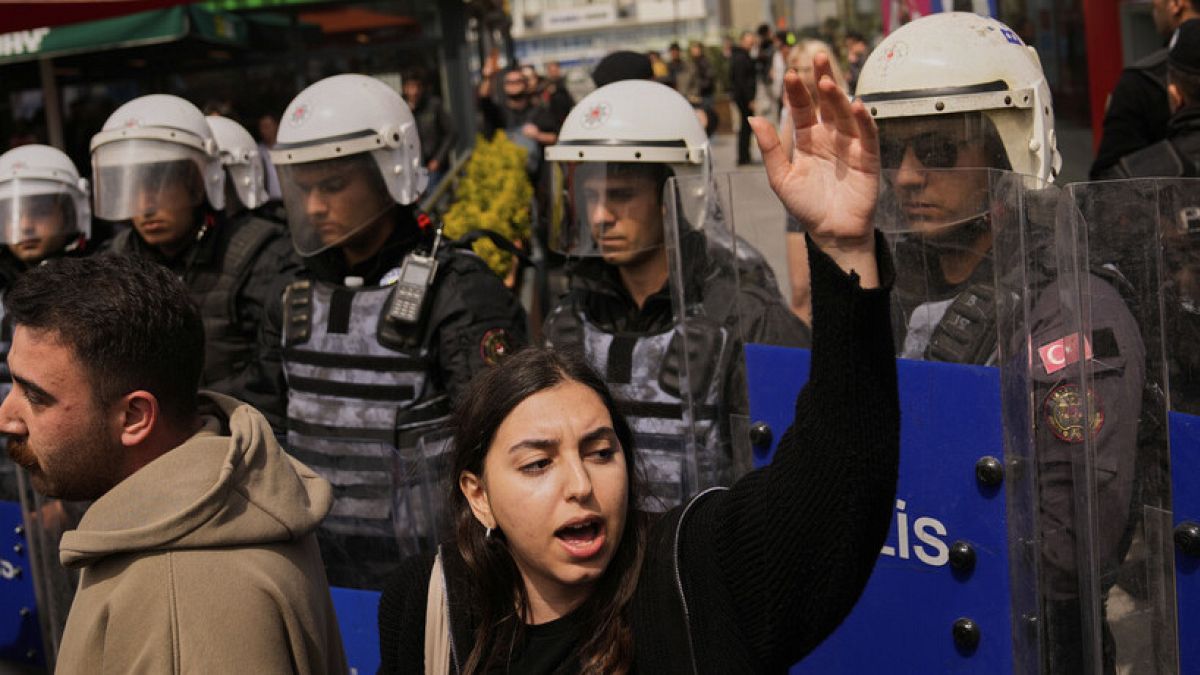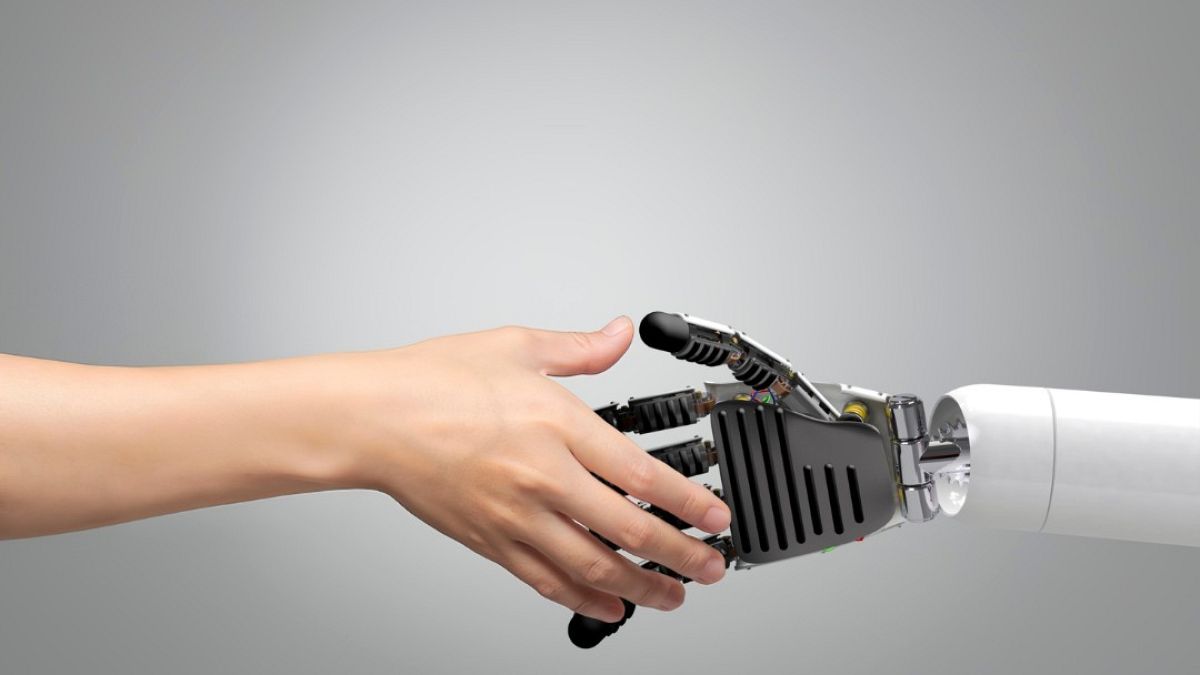Meta is on trial in the United States in a legal battle that could see the social media giant being forced to sell off its companies Instagram and WhatsApp.
CEO Mark Zuckerberg took to the stand this week to argue that Meta’s purchase of the two platforms did not break competition rules.
The case is the first Big Tech versus competition authorities battle to take place under the Trump administration.
This is everything you need to know about the case and what Zuckerberg said on the stand.
What is the case?
More than a decade ago, Meta - called Facebook at the time - purchased Instagram in 2012 for $1 billion (€880 million) and WhatsApp in 2014 for $19 billion (€16 billion).
The lawyers for the US competition watchdog allege Meta unlawfully quashed rivals by buying the companies to build a social media monopoly.
"They decided that competition was too hard and it would be easier to buy out their rivals than to compete with them," said US Federal Trade Commission (FTC) lawyer Daniel Matheson at the trial, which began on April 14.
What does Meta argue?
But Meta argued that the accusations are “misguided,” with the company’s lawyer Mark Hansen arguing that Meta acquired Instagram and WhatsApp “to improve and grow them alongside Facebook".
In its opening statements, Meta also argued that it faces a lot of competition from other social media platforms such as TikTok and YouTube.
Meta lawyers also posited that since the FTC initially approved Meta’s purchase of Instagram and WhatsApp, reversing it would set a dangerous precedent.
What has Zuckerberg said?
On the third and final day of Zuckerberg being questioned in the federal courtroom in Washington DC on Wednesday, the CEO said “No” when asked on the stand whether he wanted to eliminate competition by purchasing the apps.
Zuckerberg said he liked Instagram’s “camera and photo sharing experience," but added that he "didn't view it as a broad network really competitive with where we were".
He said WhatsApp was impressive but added that its founders were "unambitious" in terms of "maximising the impact that they could potentially have".
"I basically ended up pushing to add things," he said, adding that Meta put its resources and scale into the companies to build them and their audiences.
On the second day of the trial on Tuesday, Zuckerberg was asked whether Meta could have built its own app to compete with Instagram rather than buying it.
"I'm sure we could have built an app. Whether it would have succeeded or not I think is a matter of speculation," Zuckerberg responded.
He also said the purchase of Instagram was based on the principle of a “build vs buy analysis” - whether it made more sense to buy Instagram or build their own app.
He also said in his testimony that one of the main reasons was that Instagram had a better camera than Facebook.
“I thought that Instagram was better at that, so I thought it was better to buy them,” Zuckerberg said, in reference to Meta’s now extinct Camera app.
Correspondence from 2012 between Zuckerberg and his top executives was also brought up, including one email written to Sheryl Sandberg, who was the former COO of Facebook, in which he wrote: “Instagram is growing so much faster than us that we had to buy them”.
When asked about this message, Zuckerberg responded that “building a new app is hard”.
Zuckerberg also said that the FTC's allegation that Meta’s dominance has enabled it to reduce app quality by flooding users with ads was wrong and did not degrade user experience.
“Ads on our apps have improved,” he said, adding that the system shows more ads to users who are more likely to engage with it.
Will politics come into play?
The case was filed during Trump’s first term in office.
Zuckerberg lobbied Trump in person to have the FTC drop the case, according to a report in the Wall Street Journal in early April.
Zuckerberg’s and Trump’s relationship has seen a major shift since the case was filed as Trump took aim at the Meta chief for banning him from the social media platforms after the January 6 riots at the US Capitol in 2021.
But this year, Meta contributed $1 million (€880,400) to Trump's inauguration fund, and has added former Trump adviser Dina Powell McCormick to Meta's board of directors.
Meta also this year said it would no longer use independent fact-checkers and agreed to pay Trump $25 million (€24 million at the time) to settle a lawsuit over his accounts being suspended after the Capitol riots.
Trump also fired the FTCs Democratic commissioners, Alvaro Bedoya and Rebecca Kelly Slaughter, last month.
The newly appointed FTC Chair, Andrew Ferguson, said in early April that he would follow the president’s orders, but said it would be unlikely Trump would interfere.
“I think it’s important for me to obey lawful orders,” he told The Verge. “I think that the president recognises that we’ve got to enforce the laws, so I’d be very surprised if anything like that ever happened”.
However, a Meta break-up and data interoperability also “serve the interests of both President Trump and his ally Elon Musk,” tech entrepreneur and privacy expert Mark Weinstein told Euronews Next in a statement.
“For the first time, the United States has elected a president who owns a social media platform,” he said.
What could be the consequences?
The FTC will have a difficult job ahead as it will have to go back over a decade to find evidence that shows Meta asserted its dominance by buying out competitors.
If the FTC is successful, Meta could be forced to sell Instagram and WhatsApp.
But even a Meta disbandment is unlikely to end Meta’s monopoly, said Weinstein.
“A Meta break-up may even follow the same destiny as AT&T Corp, which was broken up by federal regulators into 'baby bells' in 1984, only to have many of its parts merged back together over the years".
He added, however, that Meta’s uncoupling of companies along with data interoperability would cause a user stampede to smaller platforms such as Truth Social, X, Bluesky, and Mastodon.
How long will the trial last?
The case could last as long as two months, with Sandberg also expected to be a witness in the case.

 1 day ago
7
1 day ago
7






 We deliver critical software at unparalleled value and speed to help your business thrive
We deliver critical software at unparalleled value and speed to help your business thrive






 English (US) ·
English (US) ·